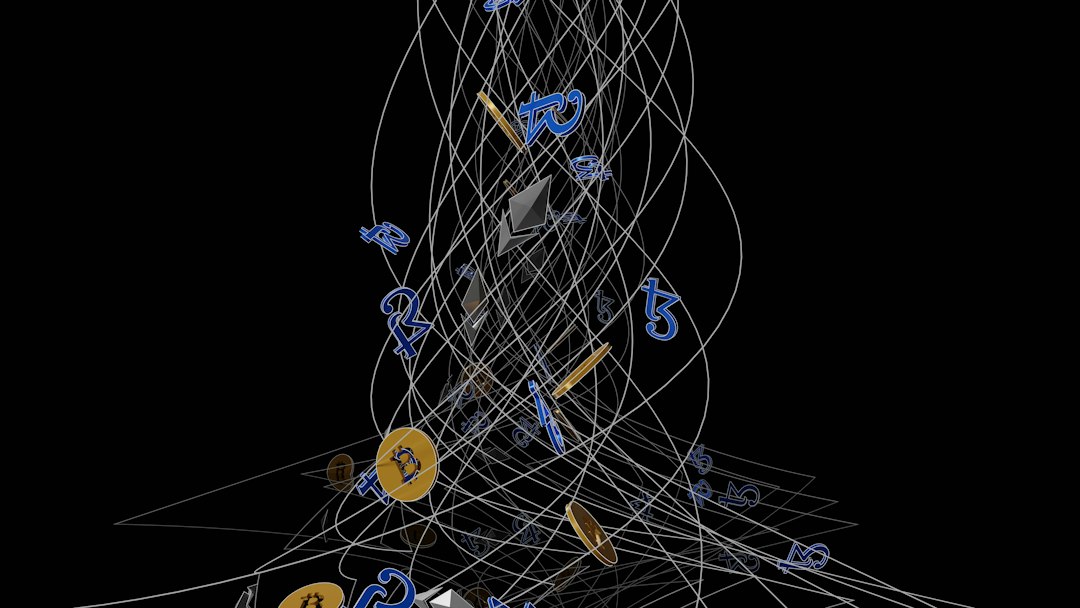Decimalization: A Revolution in Coinage
When it comes to cryptocurrency, decimalization is a concept that has revolutionized the way we think about coinage. In traditional currency systems, coins are often denominated in fractions of a whole unit, such as 1/100th or 1/10th of a dollar. However, with decimalization, cryptocurrencies are divided into smaller units using the decimal system.
This means that instead of dealing with fractions, you can now work with whole numbers when transacting in cryptocurrencies. This article will explore the significance of decimalization in the world of cryptocurrency and how it has changed the way we perceive and use digital coins.
The Significance of Decimalization
Decimalization has made cryptocurrencies more accessible and easier to use for everyday transactions. When you no longer have to deal with fractions, it becomes simpler to understand and calculate the value of your digital assets. For example, instead of having to work with 0.0001 BTC, you can now simply work with 10000 satoshis.
This shift in perspective makes it easier for people to conceptualize the value of their holdings and engage in everyday transactions using cryptocurrency. It also allows for greater precision when trading and transferring digital assets, as there is no longer a need to round off values due to fractions.
You can easily buy and sell exact amounts of cryptocurrency without having to worry about rounding errors or confusing fraction denominations.
The Impact on Adoption
Decimalization has had a significant impact on the adoption of cryptocurrencies. By making digital assets easier to understand and use, it has lowered the barrier to entry for those who may have been hesitant to engage with this new form of money.
Furthermore, decimalization has made it easier for businesses to accept cryptocurrency payments. With whole number denominations, it is simpler for merchants to set prices and process transactions without having to deal with complex decimal calculations.
This has led to an increase in the number of businesses that are willing to accept cryptocurrency as a form of payment, further driving its adoption.
The Role of Satoshis
Satoshis are the smallest unit of Bitcoin and are named after its mysterious creator, Satoshi Nakamoto. With decimalization, satoshis have become an integral part of how Bitcoin is transacted and valued.
They allow for microtransactions and provide a level of granularity that was previously not possible with traditional fractional denominations. This means that you can now transact in smaller amounts of Bitcoin without having to deal with cumbersome fractions.
Satoshis have become a key component in making Bitcoin more practical for everyday use, as they allow for transactions of any size without having to worry about fractions or rounding errors.
The Future of Decimalization
As cryptocurrencies continue to gain mainstream acceptance, the role of decimalization will only become more important. It will be crucial for ensuring that digital assets remain accessible and user-friendly for a wider audience.
Furthermore, as new cryptocurrencies emerge, they will likely adopt decimalization as a standard practice from the outset. This will make them more intuitive and easier to use right from the start, further driving their adoption and acceptance in the broader economy.
Overall, decimalization represents a fundamental shift in how we perceive and use digital currencies, making them more accessible and practical for everyday transactions.
Frequently Asked Questions (FAQs)
What is decimalization?
Decimalization is the process of dividing cryptocurrencies into smaller units using the decimal system, making them easier to understand and transact with.
Why is decimalization important?
Decimalization has made cryptocurrencies more accessible and user-friendly for everyday transactions by eliminating fractions and rounding errors.
What are satoshis?
Satoshis are the smallest unit of Bitcoin, named after its creator Satoshi Nakamoto. They allow for microtransactions and provide greater granularity when transacting in Bitcoin.
How does decimalization impact cryptocurrency adoption?
Decimalization has lowered the barrier to entry for those interested in using cryptocurrencies by making them easier to understand and use for everyday transactions. It has also made it easier for businesses to accept cryptocurrency payments.
What does the future hold for decimalization?
As cryptocurrencies gain mainstream acceptance, decimalization will become increasingly important in ensuring their accessibility and user-friendliness. New cryptocurrencies are likely to adopt decimalization from the outset, further driving their adoption and acceptance in the broader economy.





 By
By
 By
By
 By
By
 By
By
